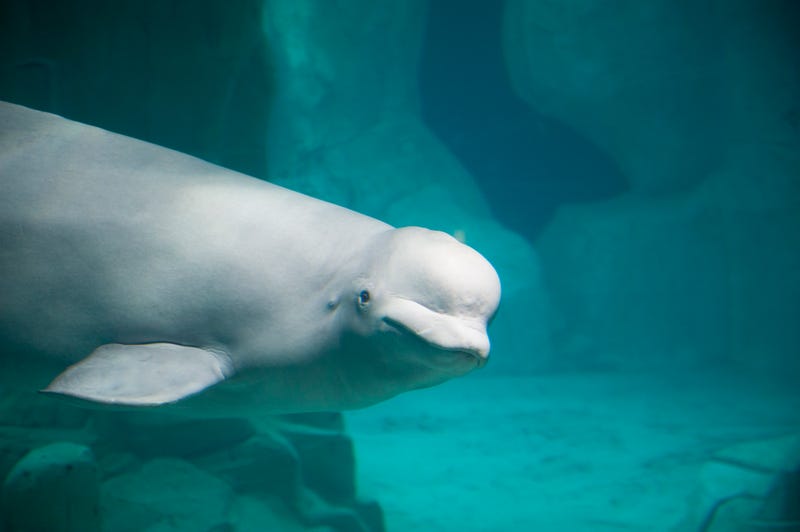
Niagara Falls, Ontario (WBEN) - The fate of 30 beluga whales still living at the now-defunct Marineland theme park in Ontario remains uncertain after the Canadian federal government rejected a request from the park’s trustees to move the animals to a theme park in China.
The trustees claim they can no longer afford the $2 million monthly cost to care for the belugas, and have threatened to euthanize the animals unless they receive government funding.
WBEN’s David Bellavia spoke with Phil Demers, a former Marineland whale trainer who left the park in 2012, and is now a whistleblower on animal cruelty. Demers, who serves as director of Urgent Seas, a Toronto-based nonprofit organization dedicated to protecting oceans and marine life, says he supports moving the animals.
"The only thing to do is send them to better facilities, some with credible oversight, credible animal protection laws. This is where ultimately the Minister of Defense rejected the permit to China, on account of the fact that those belugas were likely to be bred, which is against the spirit of the S203 law that we passed, which banned whale breeding, as well as performances. So these whales in China would have been subjected to performances and breeding," said Demers with WBEN on Tuesday. "However, I stress that because there are so few facilities in the world, a place like China, despite the fact that there’s not the greatest oversight laws or any animal protections. What they do have is really good conditions because those facilities are brand new over there. So, I was actually and continue to be in support of that move in the interest of the belugas getting removed immediately from Marineland in the interest of preserving the quality of their lives."
Recent laws in the United States and Canada have ended or limited the practice of keeping whales and other marine animals in captivity for entertainment. However, Demers says new theme park–style facilities continue to be built in Russia and China.
Demers told WBEN after captivity, there are no other options for orcas and belugas to live.
"The ultimate goal, at some point, would be to essentially create a seaside sanctuary somewhere you can rehabilitate the animals and give them a semblance of a free life, a place where they can experience the natural rhythms of the sea, where they can look up and see the moon, under no obligation to perform for food, etc," Demers explained.
He says he is not surprised Marineland is using euthanasia as a negotiation tactic.
"I should stress it is entirely bluster. It’s not something that is ever going to happen," Demers noted. "Not a single solitary soul that I know, that I imagine to ever meet or not, would ever engage in such a practice. Killing whales as a cost-saving measure is not only illegal, it’s outrageous."
Marineland shut down in 2024 after years of allegations of animal abuse.
"There was a time when the industry controlled the narrative, they controlled the message, and they had the jingles on TV. There wasn’t an internet, there weren’t live-stream cameras showing whales off the coast of British Columbia.
So back when they controlled the message, they had people believe that by going to Marineland, they were learning something and doing good. When in reality, what we’ve learned by keeping these whales, these majestic creatures, in captivity is that captivity harms the hell out of them and we have to end it," Demers said.
He adds the focus now should be on ensuring the belugas’ welfare and finding a sustainable solution that removes them from Marineland’s care.

